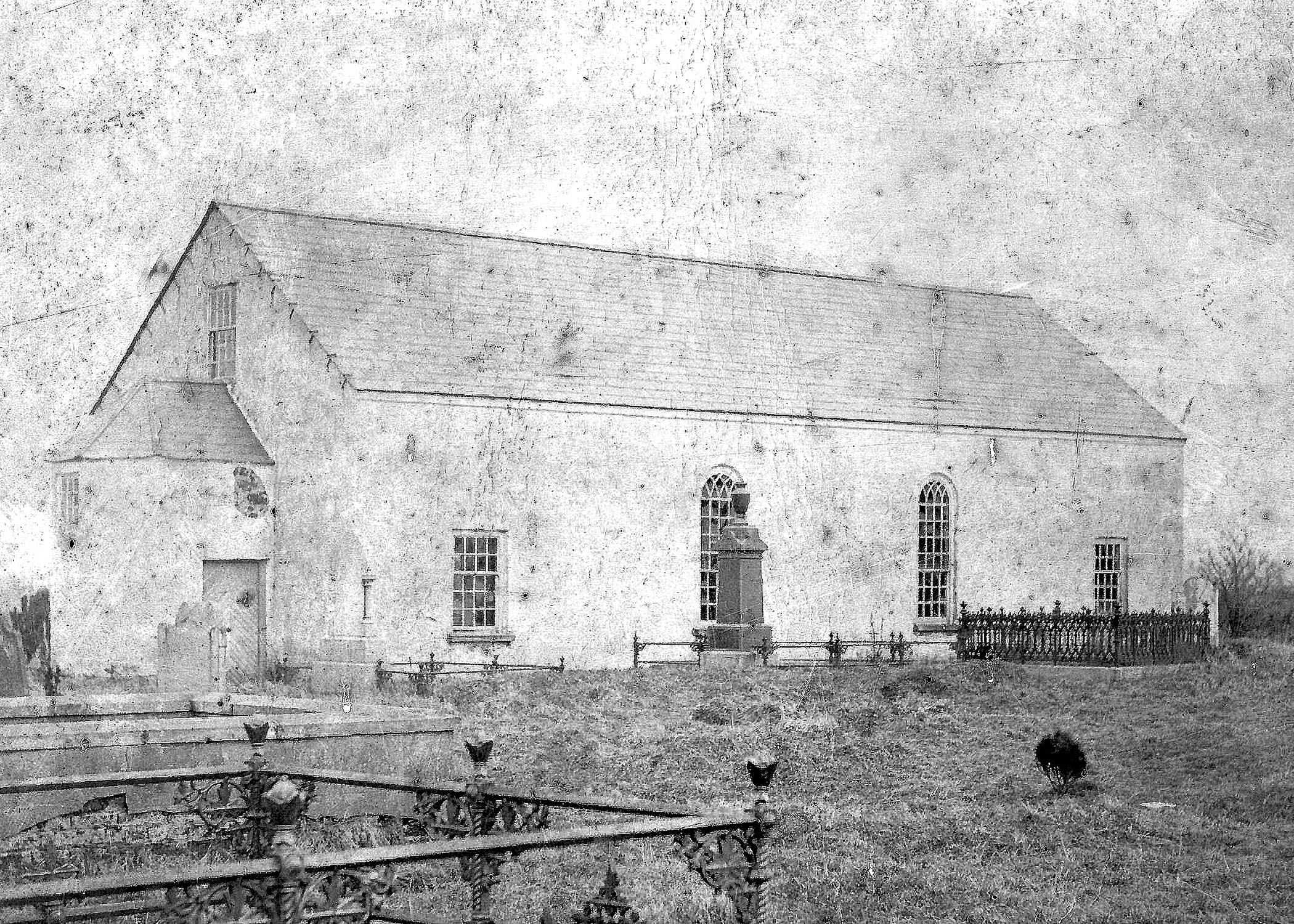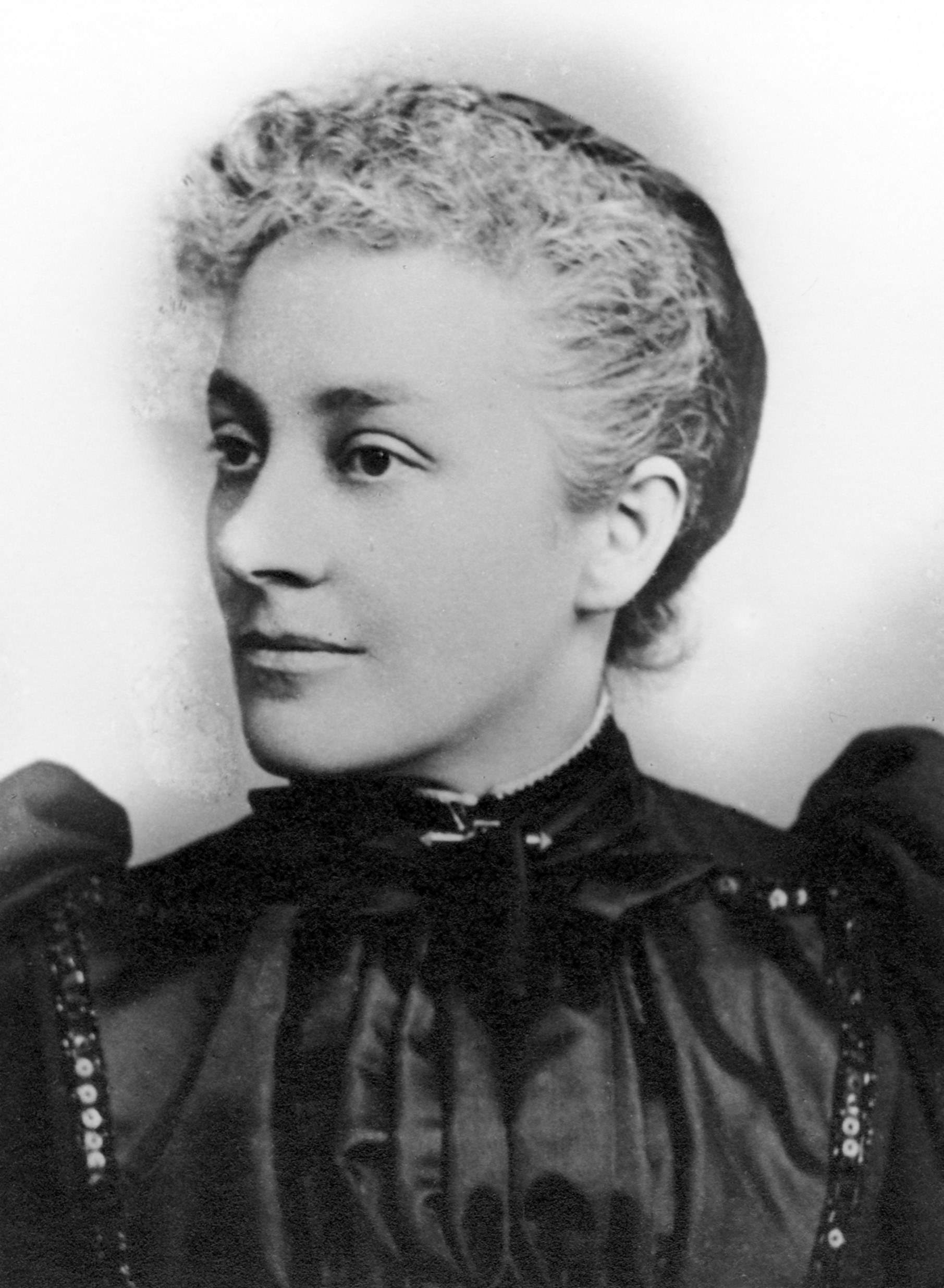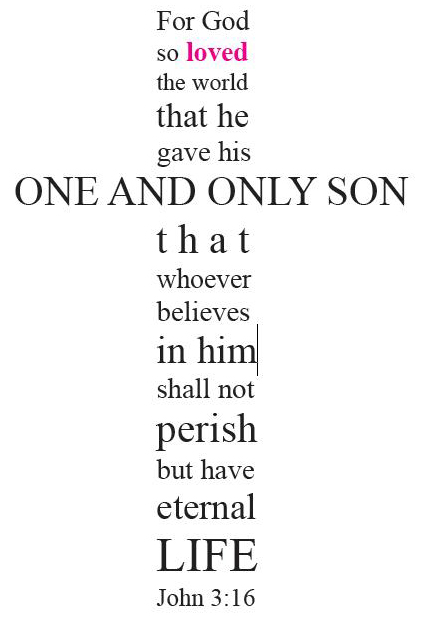In the year 1747, in the townland of Ballyrashane, a large crowd gathered before a raised platform in the open air. Mr. John Swanston, a licentiate of
the Scottish Associate Presbytery, was defending Presbyterian ‘Seceder’ ideals agains the Rev. Robert Higginbotham of New Row, Coleraine. Although the
debate was in response to the Rev. Higginbotham’s challenge, it was Mr. Swanston who proved the more persuasive. It is said that the early Seceder
communities at Ballyrashane, Derrykeighan and Roseyards resulted from his ‘faithful and able contending for evangelical truth.’
Their first minister however was the Rev. John Tennent, a licentiate of the Seceder Anti-Burgher Presbytery of Edinburgh, whose call by ‘Ballyrashane,
Derrykeighan and Roseyards’ was signed by 221 persons. It is debatable whether Derrykeighan and Roseyards should be considered separate congregations.
Certainly there is no record of a meetinghouse at Derrykeighan, Roseyards being the preferred site, to the dissatisfaction of some.
The Rev. Tennent was ordained and installed on the 15th May 1751. His text for the next eleven Sabbaths was Ephesians 3: 8 – ‘Unto me, who am less than the least of
all saints, is this grace given, that I should preach among the Gentiles the unsearchable riches of Christ.’ It is said that during a ministry of 57
years Mr. Tennent ‘was never prevented from preaching, by sickness or otherwise, for a single Sabbath; nor did he ever know in any degree,
what bodily ailment was, till a few days before his death.’ This is not to say, however, that life was always easy. His wife was reputed to have a
‘good heart’ but a ‘sharp tongue’! Also, in 1770 he was appointed by Synod to undertake a mission to Nova Scotia, possibly because depopulation and
poverty had meant his charges here were unable to raise a ‘competent subsistence’ (although, for reasons unknown, here he remained). Furthermore,
the Ballyrashane congregation (better known, first as Carnabuoy, and then as Ballywatt) seceded to the Burgher Synod, and had a new minister by 1780.
Then in 1798 he had the difficult task of ministering to a member of Roseyards, Mr Francis McKinley of Conagher, prior to his hanging in Coleraine as a
United Irishman. Mr. Tennent’s own sons (William, Robert and John) were also politically radical. William was imprisoned for 4 years in Fort George.
He would go on though to be one of the founders, first of the Commercial Bank (to which today’s Northern Bank can be traced), and then the Belfast
Academical Institution. Mr. Tennent died on the 13th May 1808, aged 81, and was buried at Roseyards. The text for his last sermon, preached the
previous Sabbath, was Psalm 3: 8 – ‘Salvation belongeth unto the LORD: thy blessing is upon thy people.’

During the vacancy that followed, the Derrykeighan contingent helped to form a new Seceder congregation at the more convenient location of Toberdoney.
Then the Rev. William Munnis was ordained and installed at Roseyards on 29th January 1812, and the following year a new meetinghouse replaced the original.
During his ministry, in 1840, the Secession Synod and the Synod of Ulster united to form the General Assembly. In 1841 the first Moderator of the new
Presbytery of Route was Mr. Munnis. At a ‘soiree and presentation’ in 1859, near the end of his ministry, he was commended for ‘his plainness of manner,
kindness of heart, love and zeal for his people, purity of doctrine, and unremitting and indefatigable exertions for the temporal and spiritual welfare of
his congregation.’ A later record states: ‘As an evangelical preacher he had considerable fame in his day and had been compared to [Robert Murray]
McCheyne.’ He also ministered to the young Thomas McPherson who was brought up at Roseyards, and who would become, in 1874, the Moderator of the
General Assembly of the Presbyterian Church of Canada. Mr. Munnis resigned his charge in May 1860. He died on the 15th February 1861, and was buried at
Roseyards. Thus for the first 110 years of its history, Roseyards had but two Ministers. It is said that during that same period there were also only
two precentors.
On the 26th March 1861, the Rev. John Beatty, a licentiate of the Ballymena Presbytery, was ordained and installed as the third minister of Roseyards.
He ministered for 25 years until 1886, and died on 24th April 1897. Since he had previously studied medicine, the members of his congregation called
him ‘Dr. Beatty,’ and they ‘consulted him on their ailments and relied upon him for treatment and remedies.’ Early in his ministry, in 1864, three elders
were ordained: Robert Martin, James McClure and Archibald Lilley. At one time there were five candidates for the ministry in the congregation, including
John MacDermott (Moderator of the General Assembly in 1903), and William McKean (Moderator in 1906). Mr. Beatty built a house in the convenient location
of Cuppindale, which the congregation later purchased as a Manse. His daughter, Elizabeth, was a doctor and missionary to Manchuria for 11 years, from
1906-17. She was known for her diligent medical care, her ‘cheerful joyous spirit’, and her life of constant prayer. She must also have had a dry Ulster
wit as evidenced by her comment, ‘The easiest way to ride a Chinese cart is to get out and walk!’

Following ministries lasting 57, 49 and 25 years, the next must have come as a shock. The Rev. George S. Moorehead, minister of Leitrim, was installed
as Assistant and Successor to Mr. Beatty on 28th February 1888. He resigned on the 10th December that same year, and in 1889 went as a missionary to
Queensland, Australia. On the 26th October 1888, William Patton, John Patterson, and John McIlhatton were ordained as Elders.
The Rev. Alexander Crothers, B.A., a licentiate of the Rathriland Presbytery, was installed and ordained on the 18th June 1889. On the 3rd April 1894,
Robert Dunlop was installed as an Elder. During Mr. Crothers’ ministry, the congregation set about erecting a new church building. This was opened for
worship on the 7th April 1907, the morning and evening services being conducted by the then Moderator of the General Assembly, and son of Roseyards,
the Right Rev. William McKean. On the 17th April 1911, the following elders were ordained: Archibald James Neill, Adam Wales McClure, Robert Charles
Patton, William James Gardner and Richard Sayers. At a Presbytery Visitation on the 17th November 1911 it was noted that ‘the harmonious relations
existing between the minister and people prove the efficiency with which the duties of the minister are discharged …The new Church building which has
taken the place of the one that served its generation is neat and comfortable, and reflects much credit on the good taste of the office-bearers and the
generosity of a spirited people. The fact that no debt remains on the building [which cost £1600] is a testimonial to the loyalty of the members of the
Church.’ After a period of 44 years, Mr. Crothers resigned his charge on the 7th December 1933. A Visitation from May that year noted that ‘the increasing
years [had] not diminished his zeal and faithfulness in the duties of his sacred calling.’
The Rev. A.W.E. (Ernie) Forbes, B.A., a licentiate of the Derry Presbytery, was ordained and installed as colleague and successor to the Rev. Crothers
on the 23rd May 1934. He took over full charge, after Mr. Crothers’ death, on the 23rd May 1939. On the 31st March 1940, Samuel J. Connolly, James W.
Dunlop, James Patterson, and William R.S. Patton were ordained as Elders. A Presbytery Visitation in 1942 noted that the congregation had increased in
size, that Mr. Forbes had ‘brought to the discharge of his duties consecrated talents and gifts of mind and heart of no mean order,’ and that he was
‘keenly alive to the permanent necessity of winning and holding the young.’ The latter comment is confirmed by the formation of a Boys’ Brigade company
at Roseyards in 1942 (known, from 1945, as 1st Route). After more than 11 years at Roseyards, on the 17th October 1945, Mr. Forbes accepted a Call to
Kirkpatrick Memorial.
The seventh minister of Roseyards, the Rev. Moore Wasson, B.A., was ordained and installed on the 1st April 1946. His post-installation speech,
revealing his approach to ministry, can be summed up in the phrase: ‘By my Spirit, saith the Lord.’ Quoting Luther he also asserted the absolute
need of Christ: ‘Did we in our own strength confide, our striving would be losing, were not the right Man on our side, the Man of God’s own choosing.
Dost ask who that may be? Christ Jesus it is He.’ On the 10th April 1955 the following were ordained as Elders: Johnston Connolly, William J. Ramsay,
David Petticrew and Samuel S. Patton. After 9 years of faithful service, Mr. Wasson resigned his charge in September 1955, to take up the position of
BBC Organizer of Religious Broadcasting for Northern Ireland.
The Rev. William James (W.J.) Watson, B.A., a licentiate of the Ards Presbytery, was ordained and installed on 28th February 1956. The following year a
fine new manse on the Kirk Road was completed. A second major building project, a new Church hall, was opened on the 20th November 1971 by Lord MacDermott
of Belmont, and dedicated by the then Moderator, the Right Rev. F. Rupert Gibson. Lord MacDermott, son of Dr. John MacDermott, described the new hall as
a ‘magnificent enterprise.’
During Mr. Watson’s ministry, the congregation grew from 122 to 195 familes. Mr. Watson himself was powerful in preaching, regular in visitation
(in his early years, by pony and trap), and strong in promoting traditional Presbyterianism. He also judged hackney horses at the Royal Shows,
and in 1996 was awarded the M.B.E. for his services to equestrianism and the community. His unique talent for painting and for woodcarving, especially
when the subject was a horse, was simply astonishing.
Mr. Watson retired, after 40 years at Roseyards, on the 28th February 1996. He died on the 12th December 2006. At a subsequent Memorial Service,
the Clerk of the Presbytery of Route, the Rev. Barkley Wallace, commented: ‘We will not, I think, see his like again.’ Mr. Watson’s wife of 50 years,
Mrs. Anna Watson, died on 27th March 2007. For 40 years she had also been very active in congregational life and for a time was Matron of the Roddens
Residential Home. Both Mr. and Mrs. Watson are remembered by the congregation with admiration and affection.
The Rev. Edward (Eddie) Joseph Hyndman, M.A., a licentiate of the East Belfast Presbytery, was installed at Roseyards on the 20th June 1997.
The Rev. Hyndman brought a fresh approach to Roseyards. For example, the New International Version replaced the King James, and children in the
Sunday School were no longer required to learn the Shorter Catechism. The Rev. Hyndman had a heart for young people as evidenced by his involvement
in the Saltshakers Youth Fellowship (a joint venture with Bushvale congregation), and his own appointment in 2003 as Convener of the Board of Youth
and Children’s Ministry.
On the 22nd April 2001, David Anderson, James (Jimmy) Dunlop, David Elliott, Foster Gowdy and Thomas (Tommy) Henry were ordained as Elders.
That same year the congregation elected a new Congregational Committee, which included, for the first time, two women members.
In 2002 the congregation celebrated its 250th anniversary (a year late due to a serious ‘foot and mouth’ epidemic in 2001). A history of the
congregation was published (‘A Legacy of Faith’), and a beautiful ‘Flower Festival’ attracted many visitors and raised large sums for local charities.
After a ministry of over 5 years, Mr. Hyndman accepted a Call to Seaview congregation on the 5th November 2002.
The Rev. Mark Jones, M.B., M.Div., a licentiate of the North Belfast Presbytery, was ordained and installed on the 20th August 2004. He is now the tenth
minister of Roseyards.
Significant extension and refurbishment of the Church hall, planned during the vacancy, was soon carried out. This included new disability access and
facilities, and a much improved kitchen. A special Service of thanksgiving and dedication was held on the 17th April 2005. The previous week, on the
10th April, the congregation presented a Bible to Mr. David Petticrew, in recognition of 50 years service as an Elder. Remarkably, in all that time,
he had never missed a single meeting of Kirk Session or a Service of Communion. In July 2005 the congregation officially objected to the ‘draft Northern
Area Plan 2016’, in particular the designation of a ‘lignite resource area,’ which included within its bounds the buildings and burial ground of Roseyards
Presbyterian Church. A special Service, on 8th April 2007, marked the 100th anniversary of the opening of the current Church building. The offering and
donations came to almost exactly the original cost of the building. On this occasion the money went to building projects by Christian missions overseas.
‘One plants, another waters, but God makes things grow’ (to paraphrase 1st Corinthians 3: 6, 7). There are many people, both named and unnamed, both
past and present, who have served in one way or another, at Roseyards. But we praise and thank the Lord for all He has done, and we look to Him for his
gracious blessing in the future.


